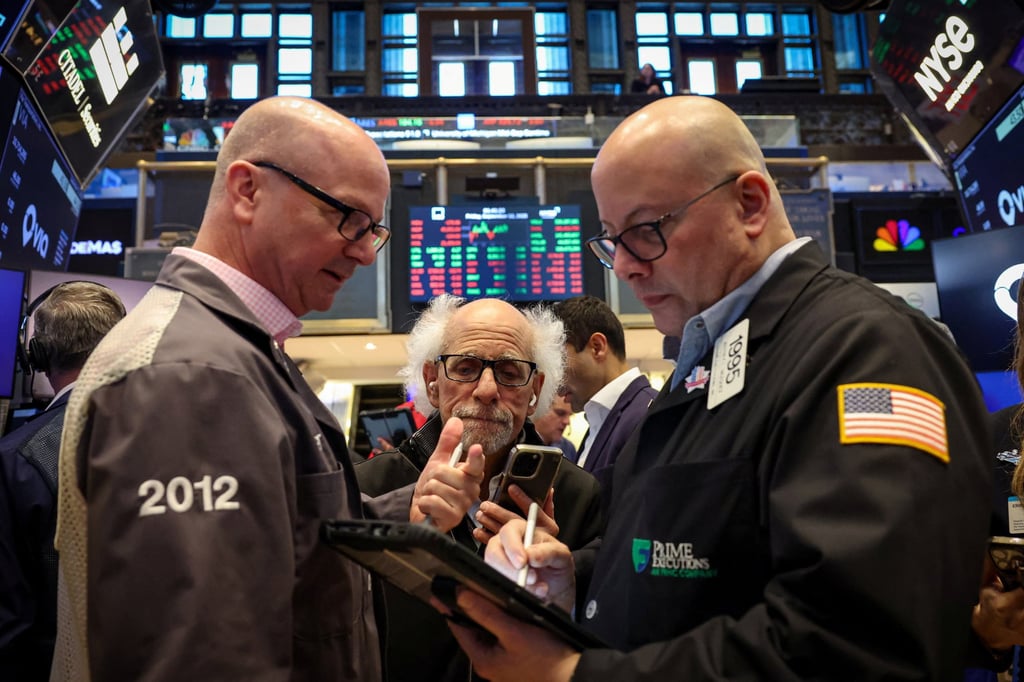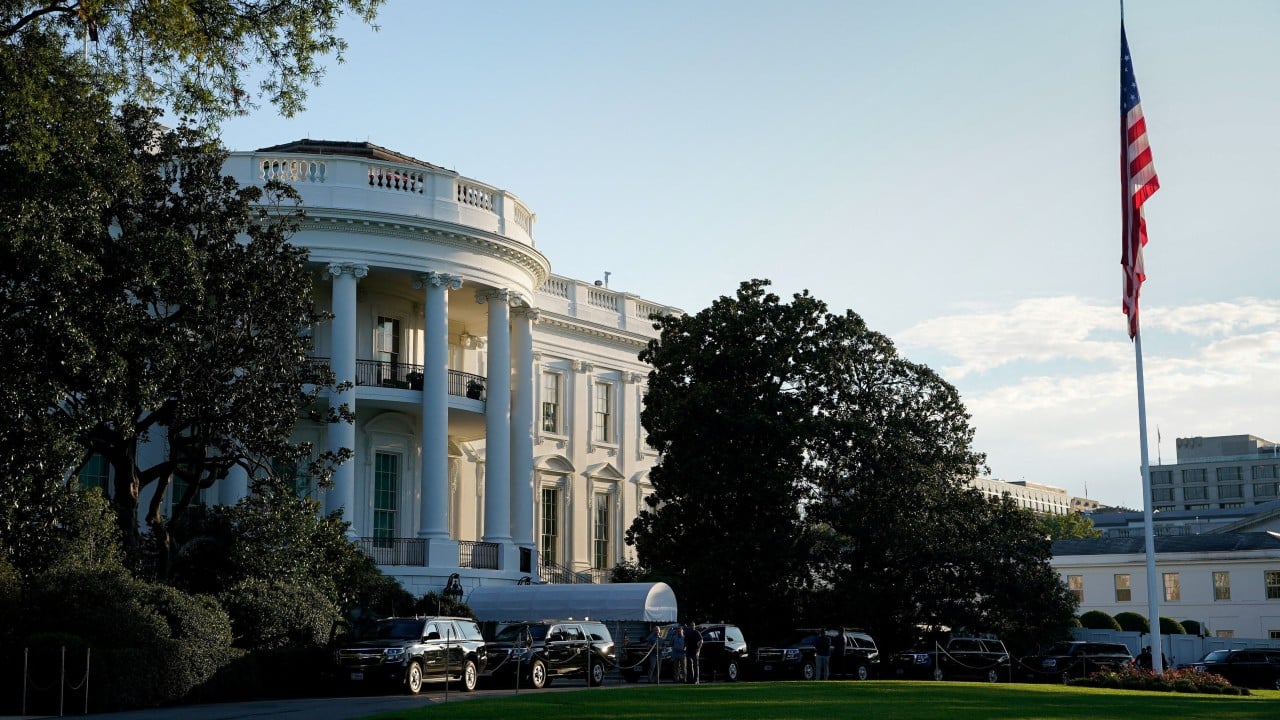Well before the first Trump administration, US markets dominated because of a free and open economy for trade and ideas, its trusted currency, its focused regulation, a central banking board that set interest rates independent of fickle politicians and the unparalleled breadth and liquidity of its bond and equity markets.
Advertisement
The US economy grew substantially in the 1990s as its young entrepreneurs inspired leading-edge technology and its deep capital markets encouraged global investment. The US markets were dominant in investors’ minds and rightly so. In Hong Kong, we have long looked to see what happened on Wall Street overnight and priced that into our own markets when we woke up. Only periodically did we have big enough local news to move Asian markets on our opening.
The Economist’ database shows the US economy growing at 2.1 per cent over the last year, while Europe is only growing at 1.5 per cent. China and India are tearing along at 5.2 and 7.8 per cent per annum respectively, although these growth rates will fall, as did the West as it developed. However, there is some way to go. The World Bank records the US’ gross domestic product per capita at more than US$85,000, compared to over US$43,000 for the European Union, over US$13,000 in China and almost US$2,700 in India.
This performance has tended to reinforce the perception of US exceptionalism; that somehow the US was sustainably better at most things than anywhere else and could buy the rest. There are both aspects of truth and myth to this.
The US has indeed led the world through a phase of economic and technological growth unmatched in the history of the modern world. However, exceptionalism is a phase and rarely lasts. One only has to look at the British, Roman and Mongol empires to see that. Eventually, hubris and pride take over. Other competitors rise to take their place. As the saying goes, “The stone age did not end because the world ran out of stones.” New developments overwhelm the old.
Advertisement
The mighty city state of Venice was a centre of world trade in the 13th and 14th centuries. But eventually, a period of military conflict, economic shifts and protectionism contributed to its decline.


